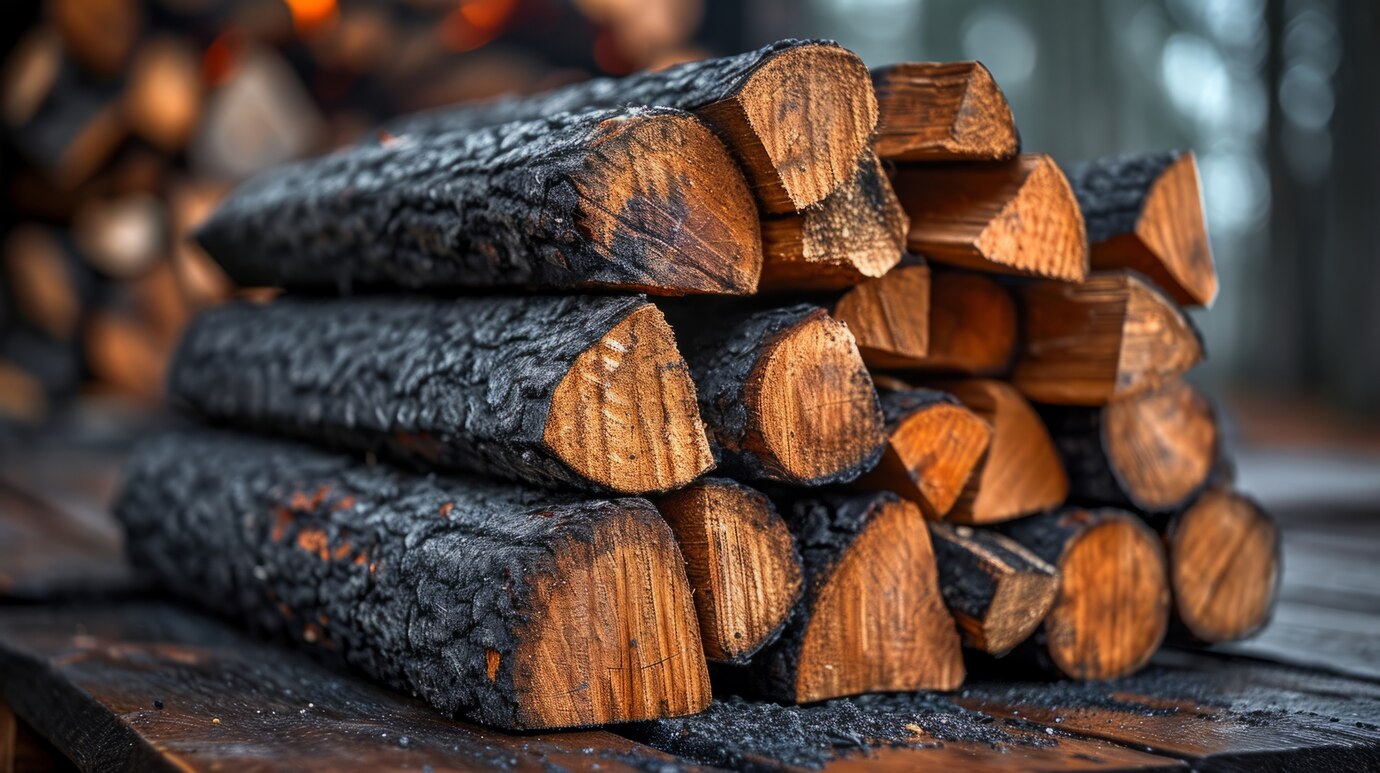Firewood is an essential resource for many homeowners and outdoor enthusiasts, providing warmth and ambiance during chilly nights. But a common question people ask is, “Can firewood go bad?” The answer is yes; firewood can deteriorate over time if not properly cared for. At Beaver Creek Firewood, we pride ourselves on helping you maintain your firewood supply in top condition. In this blog, we will explore the factors that affect firewood quality, how to recognize signs of bad firewood and provide firewood storage tips to ensure your wood stays in optimal shape for longer.
Can Firewood Go Bad? Here’s What You Need to Know
Firewood, like any natural material, is subject to degradation if exposed to moisture, pests, or improper storage conditions. The most common way firewood can go bad is by absorbing moisture. Wet firewood not only burns inefficiently but can also develop mold and fungi, which makes it unsuitable for burning. Additionally, exposure to insects, like termites and carpenter ants, can compromise the integrity of your firewood. Firewood stored directly on the ground is more susceptible to these issues, further answering the question, can firewood go bad? Yes, it certainly can if not stored properly.
Signs Of Bad Firewood
Identifying when firewood is no longer suitable for use is crucial for maintaining a safe and efficient fireplace or campfire. Here are some signs of bad firewood:
- Mold and Mildew: If your firewood is covered in green or white mold, this is a clear sign that the wood has absorbed too much moisture and may not burn well.
- Crumbly Texture: Firewood that breaks apart easily or crumbles when touched has likely begun to rot, making it unfit for burning.
- Damp Smell: A musty, damp odor indicates that the wood has been exposed to moisture for too long.
- Presence of Pests: Termites, ants, or other insects living in your firewood indicate that it may be infested and decayed.
Understanding these signs of bad firewood will help you prevent burning compromised wood, which can lead to poor burns and excess smoke, further proving that firewood can go bad when it is not properly managed.
Firewood Storage Tips
To avoid the degradation of your firewood, proper storage is key. Here are some essential firewood storage tips to extend its shelf life and keep it in the best condition:
- Elevate Your Wood: Keeping your firewood off the ground is crucial. Use pallets or firewood racks to elevate the wood, preventing moisture from seeping into the bottom logs. This is one of the most critical firewood storage tips to follow.
- Cover It Up: Always cover your firewood with a tarp or store it under a shelter to protect it from rain or snow. However, avoid covering it completely, as air circulation is essential for drying.
- Proper Ventilation: Stack your firewood in a way that allows air to circulate through the logs. This helps the wood to dry properly and prevents the buildup of moisture.
- Store Away from the House: Firewood should be stored at least 20 feet away from your home. This reduces the risk of pests and insects making their way into your living space.
- Rotate Older Wood to the Top: When adding new firewood to your stack, always rotate the older logs to the top to use them first. This prevents wood from sitting too long and deteriorating; another key tip when asking is, can firewood go bad?
By following these firewood storage tips, you can maximize the longevity of your firewood supply and avoid the risk of signs of bad firewood.
The Importance Of Dry, Seasoned Wood
Well-seasoned firewood—allowed to dry for at least six months—is the best choice for burning. Seasoned wood has a lower moisture content, which allows it to burn hotter and cleaner. On the other hand, freshly cut wood contains a high amount of moisture and may not light easily. When considering if firewood can go bad, it’s important to know that seasoning is key to ensuring its usability for long periods.
Conclusion
At Beaver Creek Firewood, we understand how important it is to maintain a high-quality firewood supply. The answer to the question “Can firewood go bad?” is yes, but with the right firewood storage tips and maintenance, you can extend the life of your wood and keep it ready for use throughout the seasons. By storing your firewood properly, watching for signs of bad firewood, and using seasoned wood, you can enjoy a warm fire without the worry of poor burns or excess smoke.
For more expert advice or to purchase high-quality firewood, visit our Store or contact us today. We’re here to help you keep your firewood in top condition year-round!

